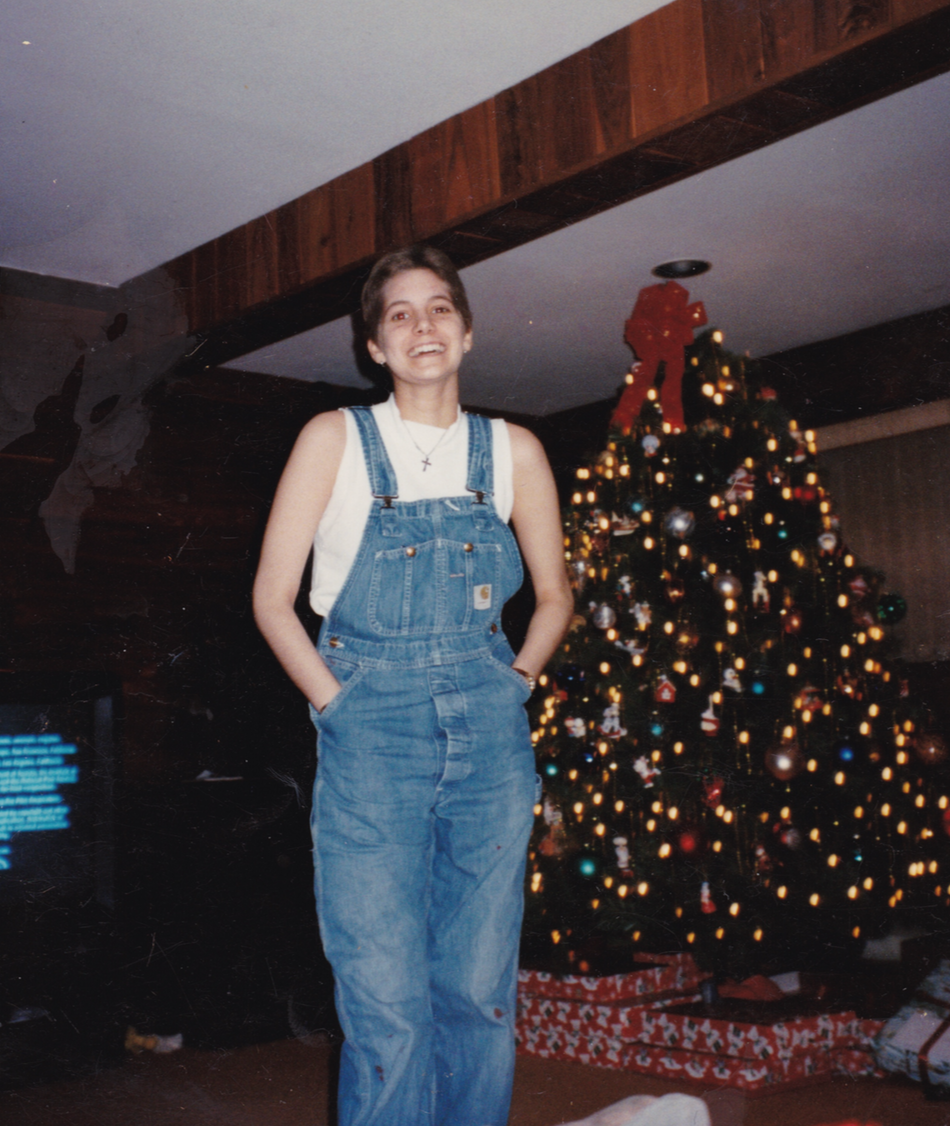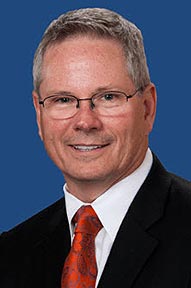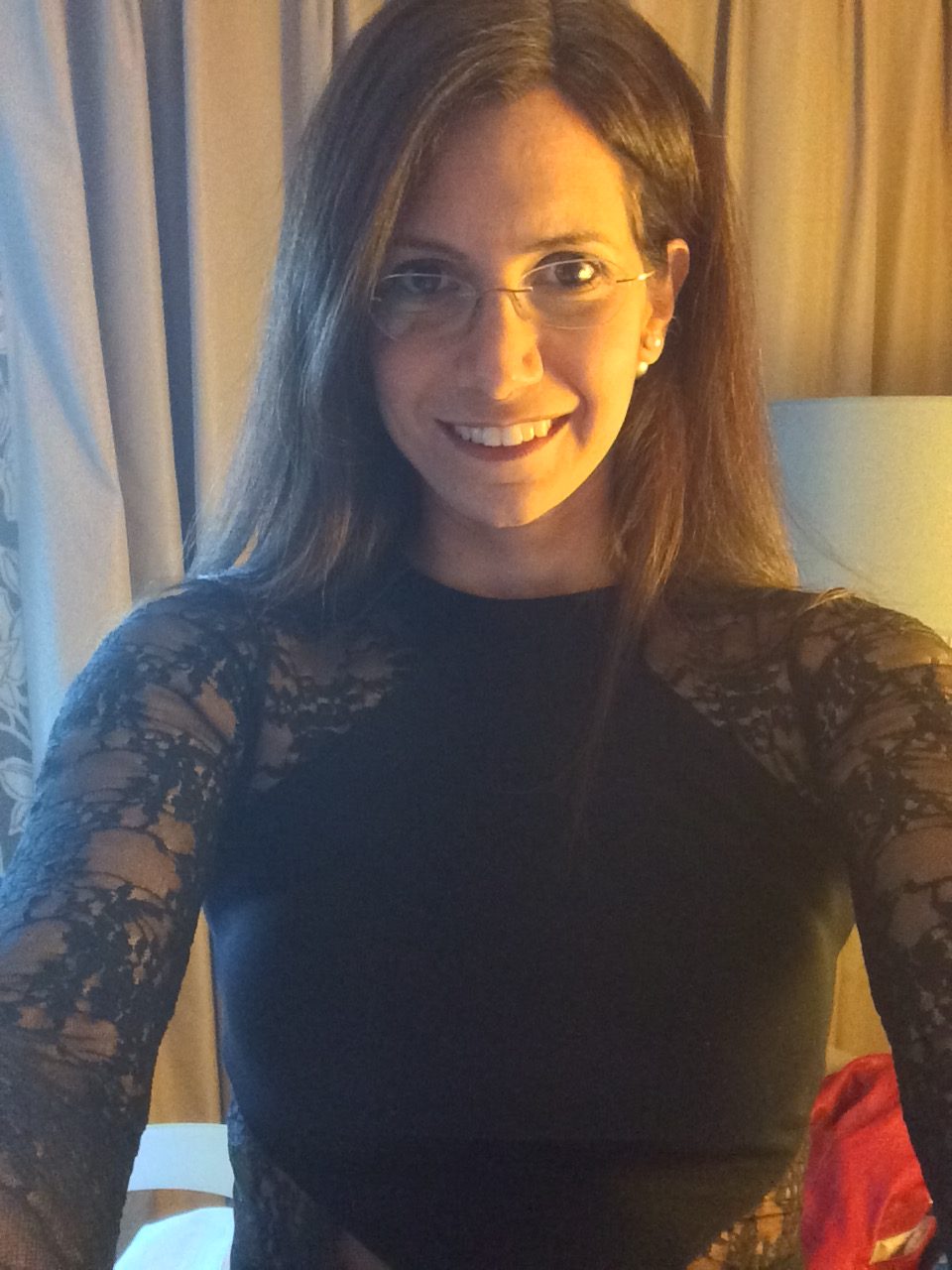When 16-year-old Christina Riccio was in the depths of her treatment for stage four Hodgkin’s Lymphoma, she threw pancakes at her mother because they were the wrong flavor. As a teenager who wanted to be anywhere but the hospital, she took out her frustration on the one who was there to receive the abuse. She didn’t understand why her mother was always so upset. Wasn’t she the sick one?

Thankfully, Riccio would make it through the treatment, and go on to be a physician herself at UT Southwestern, where she is on faculty as an anesthesiologist. Along the way she had a wish granted by the Make-a-Wish Foundation. Her trip to Paris for a shopping spree was an epic adventure (also meant to thank her mother for what she went through), but new research shows that MAW positively impacts hospital visits following treatment for wish recipients.
Lead author Dr. Anup Patel published a study in Pediatric Research showing the impact of the experience. They looked at nearly 1,000 children with serious illness at the Nationwide Children’s Hospital in Columbus, Ohio, half of whom received wishes.
The research found that children who were granted wishes were around two times less likely to visit the emergency department or experience an unplanned hospital admission within two years compared to the children who hadn’t received wishes, all things being equal.
“My hypothesis is that these kids, when they come back, are more engaged with their families and medical providers, and perhaps they’re more adherent to their treatment plan,” Patel, section chief of neurology at Nationwide Children’s Hospital and an associate professor of pediatrics at Ohio State University College of Medicine in Columbus, told NPR. “What’s harder to quantify is this feeling of hope and having a break from your illness. It gives them an ability to fight harder, and that’s harder to measure.”
Riccio is now on the board of directors for the North Texas chapter of MAW, and volunteers to help patients get their wish granted. Looking back, her experience lines up with Patel’s research. “It impacted my course of illness and turned something negative into something a lot less negative,” she says. “It made me want to become a doctor.”

Dr. Kendall Brown is a pediatric gastroenterologist with Digestive Health Associates of Texas who helped reconnect Riccio with MAW when her daughter came to him for an appointment. They got to talking, he found out she was a wish recipient, and he eventually asked her to join the local board. He too is on the North Texas board for MAW as well as the Medical Advisory Council for national MAW.
For Brown, the study quantifies what makes the program so special. “‘Because its magic,’ says the pragmatic realist. I don’t think anyone in the organization was surprised, but when you see numbers and data, it’s like an ‘Oh my,’ and then it becomes an ‘Oh no.'”
Brown says seeing the impact in black and white put a greater emphasis on doing everything they can to grant more wishes. “If you realize that you are having that much of an impact, there is more responsibility. How can we not do this?” he says. “It is an ethical duty and obligation to do as much as we can if we are able to make that much of a difference.”

The impact has to do with the time before and after the official wish is granted, Brown says. “There is a lot of emphasis on the whole journey. It says ‘You are not forgotten – people care.’ Imagining all that might be possible, there is anticipation, and reflection after the fact.”
“It changes the conversation from ‘Can’t, wont, maybe, never,’ to ‘Yeah let’s do this.'” Brown says. “It is the inspiration to be able to shift the conversation to the positive.”
The impact of MAW was always obvious for Riccio, and she thinks it should be applied to everyone. “It is weird to me that people didn’t see that until now. I already thought that people knew about the power of positivity and the power of the mind,” she says. “Make-a-Wish should be part of your treatment plan. It is something to look forward to and take their mind off what is happening.”





